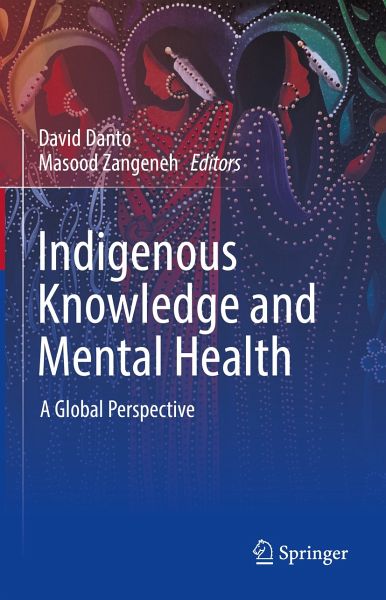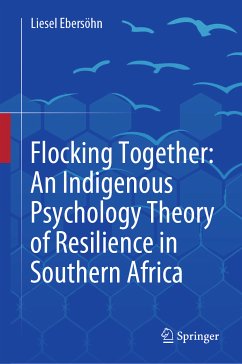
Indigenous Knowledge and Mental Health (eBook, PDF)
A Global Perspective
Redaktion: Danto, David; Zangeneh, Masood
Versandkostenfrei!
Sofort per Download lieferbar
88,95 €
inkl. MwSt.
Weitere Ausgaben:

PAYBACK Punkte
44 °P sammeln!
This text represents a wholly refreshing, important, challenging, and creative contribution to the literature addressing the impacts of colonization on the wellbeing of Indigenous Peoples and the role of Indigenous knowledge(s) in healing and wellbeing. If this collection's breadth of representation loads the bases, the scholarly depth of these contributions hits the ball out of the park. The global voices we hear are of Indigenous Peoples themselves, and of health workers, activists, and allies embedded within those communities by the suffering of a passion, and a commitment of understanding ...
This text represents a wholly refreshing, important, challenging, and creative contribution to the literature addressing the impacts of colonization on the wellbeing of Indigenous Peoples and the role of Indigenous knowledge(s) in healing and wellbeing. If this collection's breadth of representation loads the bases, the scholarly depth of these contributions hits the ball out of the park. The global voices we hear are of Indigenous Peoples themselves, and of health workers, activists, and allies embedded within those communities by the suffering of a passion, and a commitment of understanding unafraid to be taught. As such, the book claims the all-important promise of its title, of Indigenous knowledge(s) by which our predominantly Western and positivistic understanding of mental health, inclusive of its praxis implications, can and must be challenged, refigured, adapted, and sometimes even abandoned. A radical teaching, this. This text moves us away from abstractions and platitudes to show us just how, just what, it might mean in practice to be "sensitive" to the other, to be "responsive", and to be open to creative invention and respectful collaboration. We learn about innovative therapies, interventions, and research methodologies: land-based interventions, anti-oppressive therapy, body work, using dance and rituals in therapy, conducting clinical ethnographic, auto-ethnographic, or performance ethnographic research, analyzing songs and folk tales, and what it means to be allies and companions in research and therapy. We learn of a therapy and research of the heart, of a therapy and research for, from, and of the other. In the end, this book does everything it sets itself to, and exceptionally so. Now it is our turn. Having spoken so eloquently and powerfully, the test of our listening is in our response, which is also to say our responsibility.
Leswin Laubscher, Ph.D.
Duquesne University
Leswin Laubscher, Ph.D.
Duquesne University
Dieser Download kann aus rechtlichen Gründen nur mit Rechnungsadresse in A, B, BG, CY, CZ, D, DK, EW, E, FIN, F, GR, HR, H, IRL, I, LT, L, LR, M, NL, PL, P, R, S, SLO, SK ausgeliefert werden.












